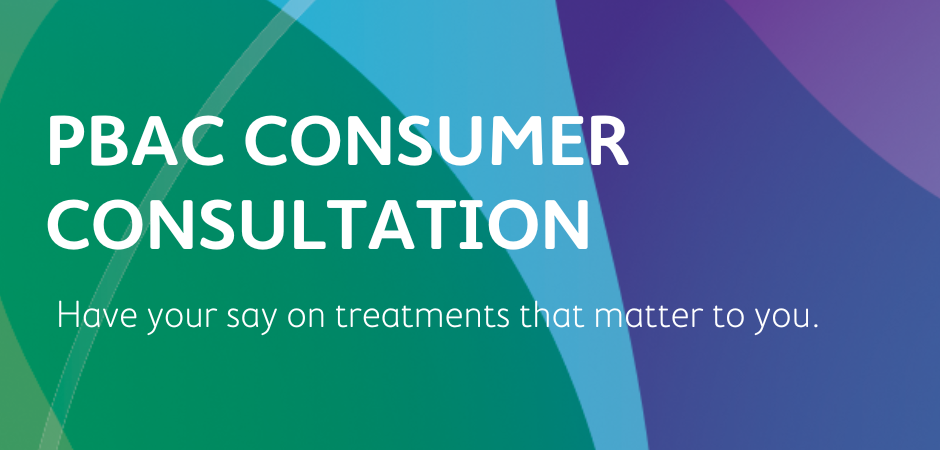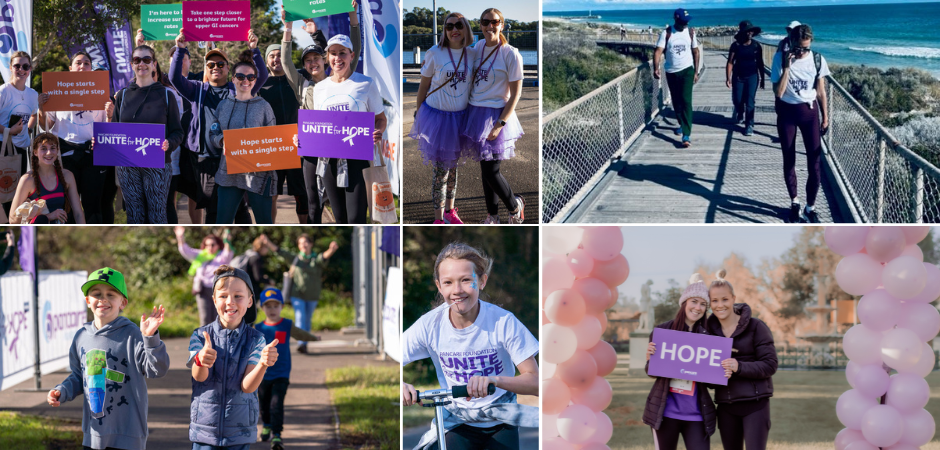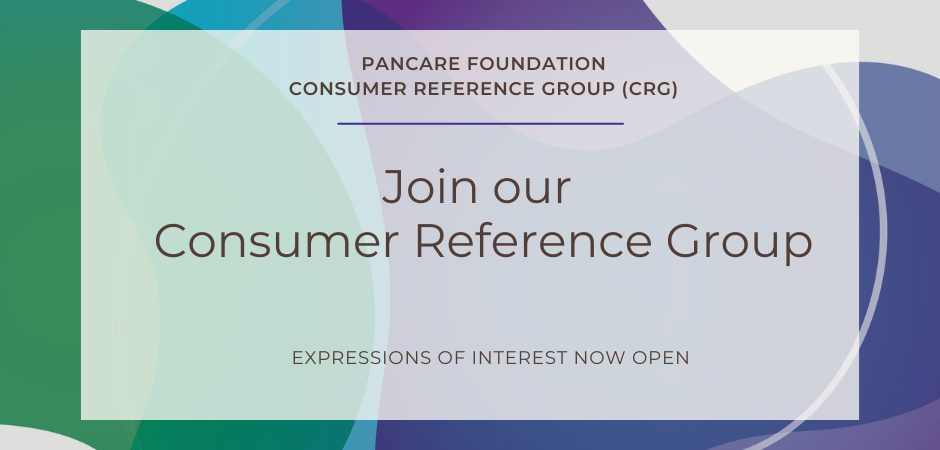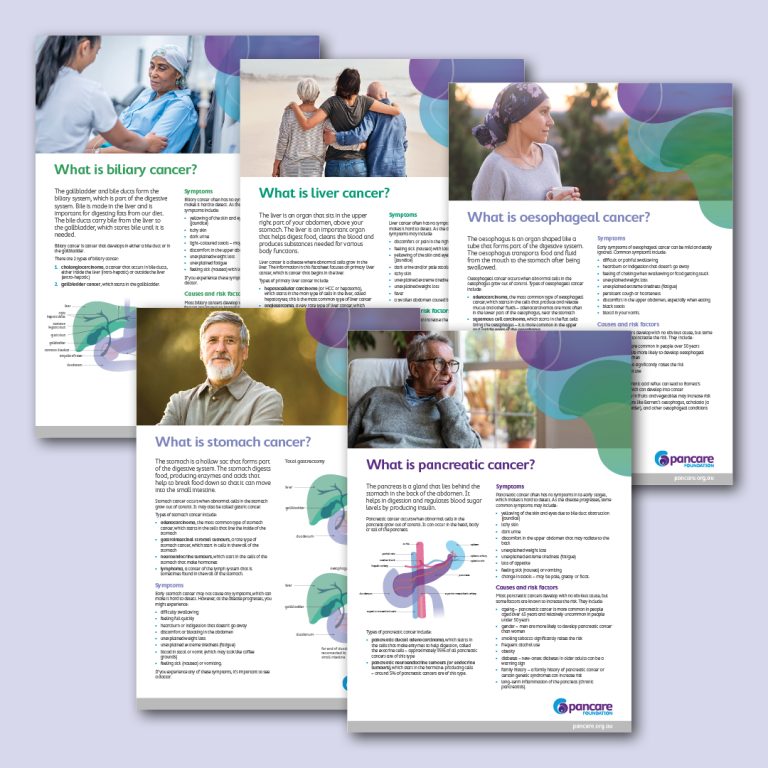Your mental health is just as important as your physical health
Being diagnosed with cancer can be a shock. Everyone will react in different ways. You may experience a range of emotions from feeling angry to feeling overwhelmed or very sad.
Anxiety and depression are common among the general population in Australia but are more common among people with cancer because of the type or stage of cancer, its treatment, or their side-effects.
If you feel “down” a lot of the time and are reluctant to spend time with others, it is a good idea to let someone know about this. Talk to a trusted person as a first step, or if you prefer, your GP or specialist doctor or nurse. They will help develop a plan of care with you, that is best suited to your needs.
Beyond Blue provides information and support with mental health.
For some patients, anxiety’s a significant component and that is an appropriate reaction. Support for that would be fantastic.
Medical oncologist
Thoughts matter
The following video provides insight from clinicians and patients on mental health when living with an upper GI cancer. This video was produced by WCMICS (Western & Central Melbourne Integrated Cancer Service) with the support of Pancare Foundation and NeuroEndocrine Cancer Australia, to enable patients living with cancer improve their quality of life.
I’m not thinking too much about what will happen next year, I’m taking one step at a time and being hopeful. Stress is the most important thing to manage. If your stress is down I am sure you recover faster, that’s what I think.
Navin, 44yrs with pancreatic cancer
Talking it over
Many people find that talking over the things that are worrying or upsetting them offers some relief from the stress or sadness they are experiencing.
Some people prefer to be supported by family or talk to a trusted friend.
Men often prefer time with their mates over a game of table tennis, a beer or at a “men’s shed”. This provides support and camaraderie.
Seeking professional help
Some people find talking through issues with a professional beneficial. Psychologists and counsellors are trained in guiding people through personal problems. Everything discussed is confidential (private). Many cancer experts think that emotional support should be offered to everyone with a diagnosis of cancer and to their carers.
Your GP or support team will be able to provide you with a referral to a professional service. Some counsellors are covered under a Medicare rebate where you may be able to have your session covered under Medicare or pay a small gap fee. To be entitled, you must have a mental health care plan from your doctor. A mental health care plan provides you with up to 10 sessions of counselling per year with a Medicare rebate. Speak with your GP for further information.
Pancare Foundation have a supportive, free telehealth counselling service available that you may find valuable.
Some people find their own way of keeping a strong mind with activities and practices that work for them. Watch Chris’s story about how she copes with living with pancreatic cancer.
Spirituality
Spirituality is a broad concept which has many perspectives and can be used in management of pain, stress and self-esteem. Generally, it includes a sense of connecting to something bigger than ourselves and can involve looking for meaning in life. It is a universal human experience—something that touches us all.
Some people find their spiritual life is linked to a church, temple, a higher being, prayer, the practice of yoga or meditation.
Others find meaning and purpose through connection to nature or art. For Indigenous Australians, country (the land) has a strong spiritual connection.
Writing or journaling are also ways of connecting to your experiences and the world around you, and have been shown to improve mood, reduce stress and anxiety and improve sleep.
Your own definition of spirituality may change through your life, adapting to your experiences and relationships – sometimes people with a life-limiting illness feel the need to connect with their spiritual self.
Speak to our Specialist Support Team for Emotional Support.
Specialist Support Team 1300 881 698





